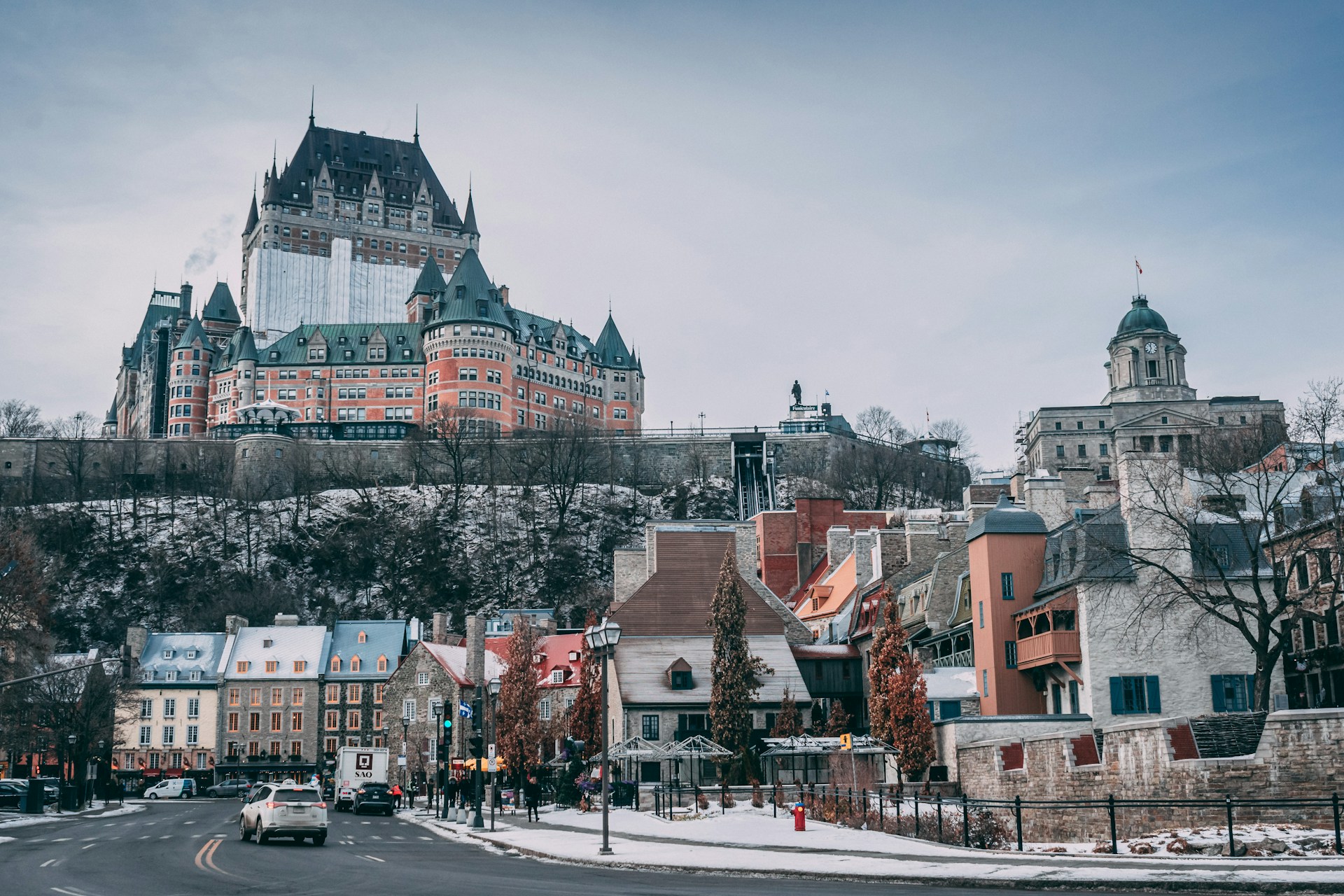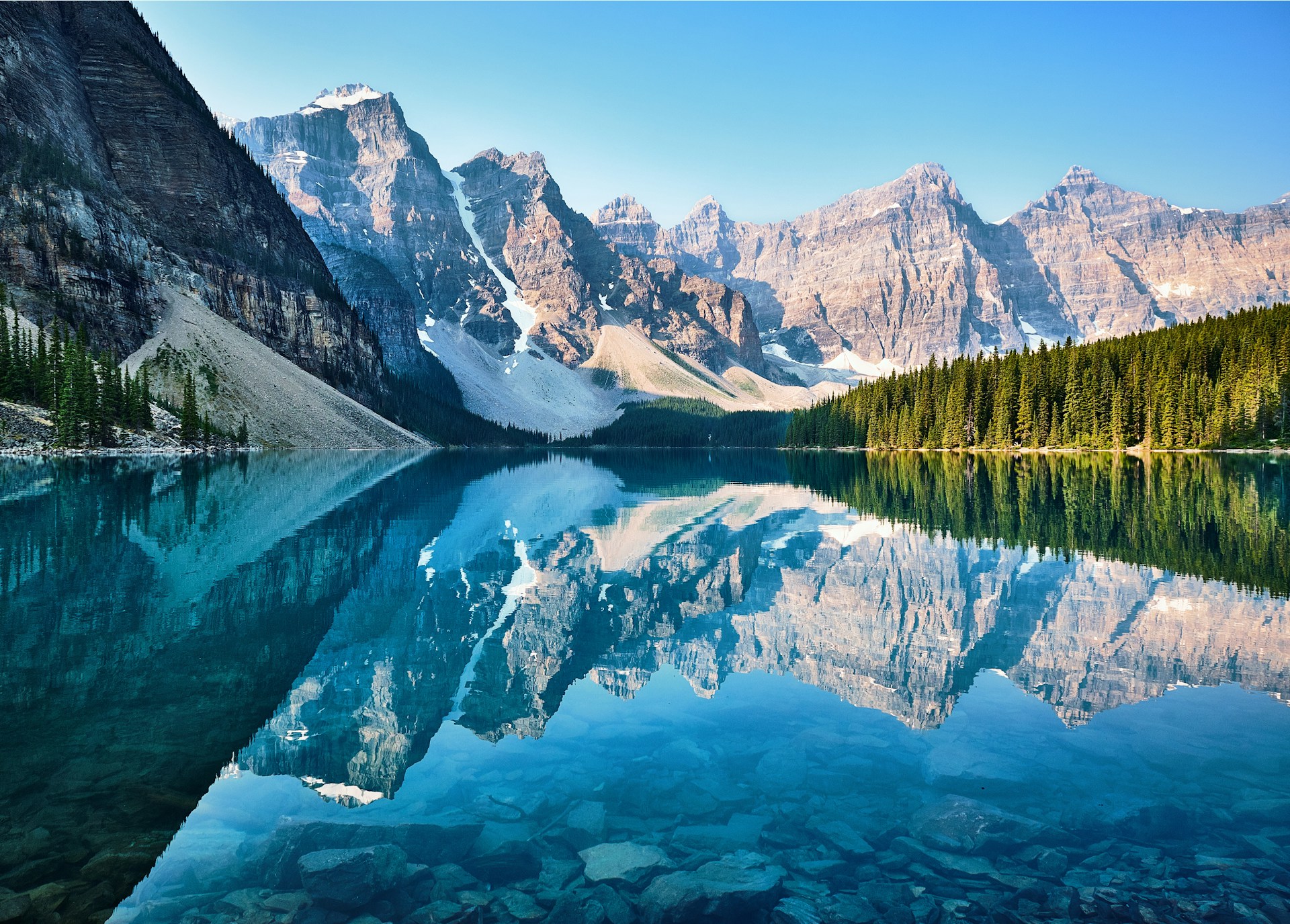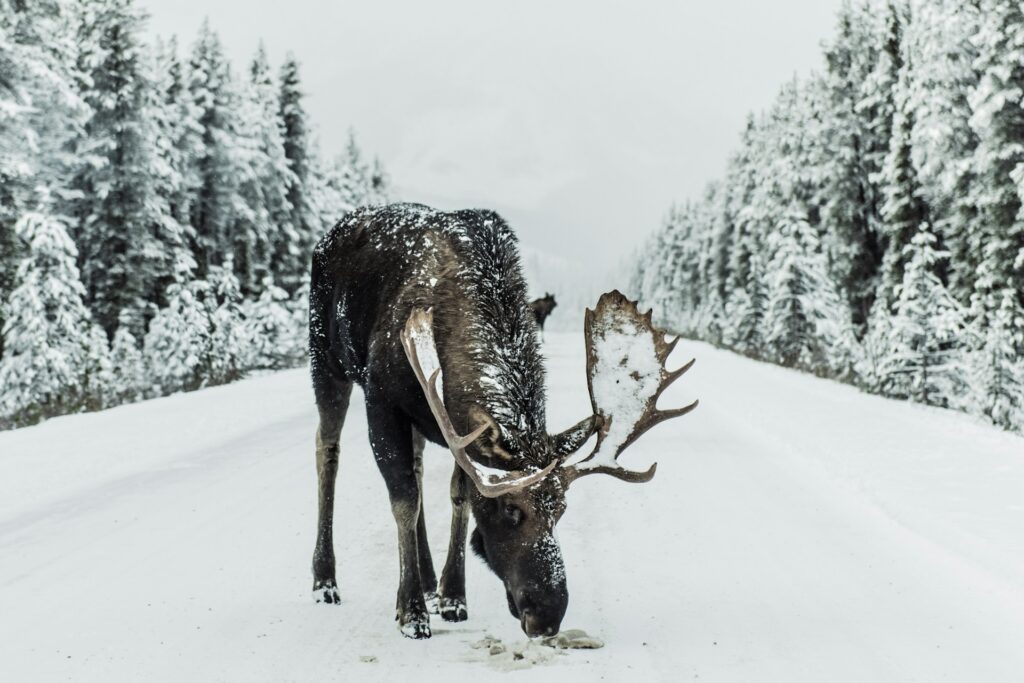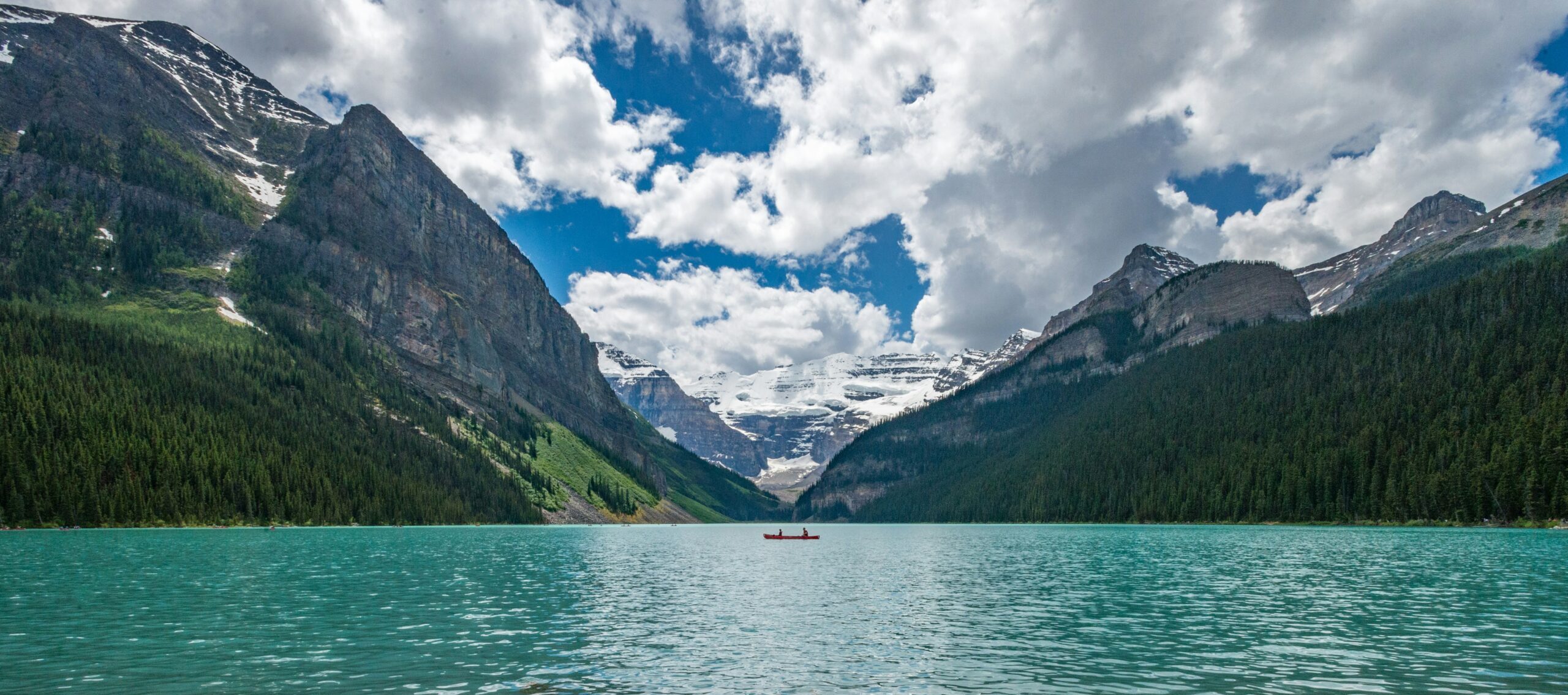General information
Canada, the second-largest country in the world, is known for its diverse landscapes, multicultural cities, and friendly locals. From the rugged beauty of the Rocky Mountains to the cosmopolitan charm of cities like Toronto and Vancouver, Canada offers a blend of natural wonders and cultural experiences. Whether you’re exploring the vast wilderness of Banff National Park, taking in the stunning Niagara Falls, or discovering Indigenous cultures, Canada is a country that captures the imagination of every traveler.

Québec

Toronto

Moraine Lake
Trending posts

Fun fact
Canada has the longest coastline in the world, stretching over 202,000 kilometers. With three different oceans bordering the country—the Pacific, Atlantic, and Arctic—Canada’s marine landscape is as varied as its vast landmass, offering incredible coastal scenery and marine wildlife.
Preparations
Travelers from many countries, including the U.S., UK, and EU, do not need a visa for short stays in Canada, but you will need an Electronic Travel Authorization (eTA) for entry if arriving by air.
Currency Exchange: While credit and debit cards are widely accepted across Canada, it’s advisable to carry some Canadian Dollars (CAD) for smaller purchases, especially in more remote areas or for local markets. ATMs are available almost everywhere.
Transportation: Canada is vast, and travel between cities often requires flights or long-distance trains like the VIA Rail Canada. Within cities, public transport systems—such as buses, trams, and metro services—are efficient and reliable. Many travelers opt to rent cars or RVs for exploring the beautiful national parks and rural areas.
Sustainability
Canada’s national parks are leaders in conservation, with strict guidelines to protect ecosystems. For example, Banff National Park has a shuttle service that reduces vehicle congestion and limits emissions from personal cars.
Travelers can help preserve these pristine environments by using public transportation, staying on marked trails to prevent soil erosion, and supporting local conservation programs that protect wildlife like grizzly bears and caribou.
Good to know
Winter Travel: If you plan to visit Canada in the winter, be prepared for freezing temperatures and snowy conditions, especially in provinces like Quebec, Alberta, and Ontario.
Wildlife: Canada is home to diverse wildlife, including bears, moose, and whales. When hiking or exploring national parks, always follow safety guidelines to avoid dangerous encounters.
Tipping: Tipping is customary in Canada, especially in restaurants, where 15-20% of the bill is the norm. It’s also common to tip taxi drivers and hotel staff.


